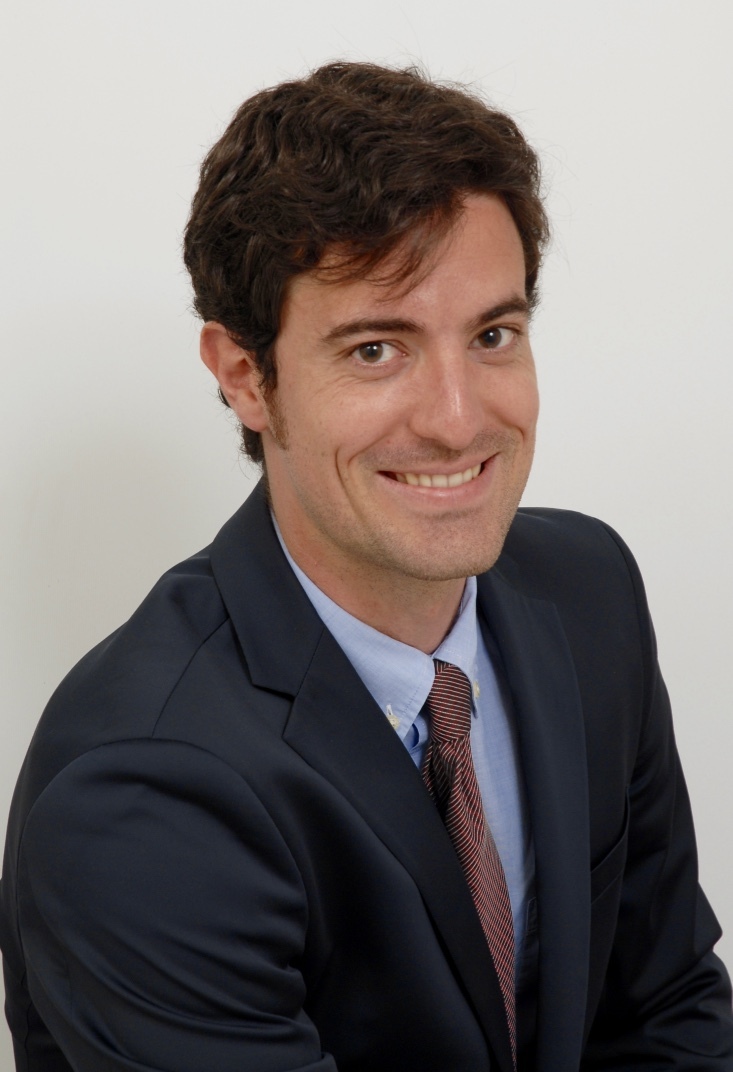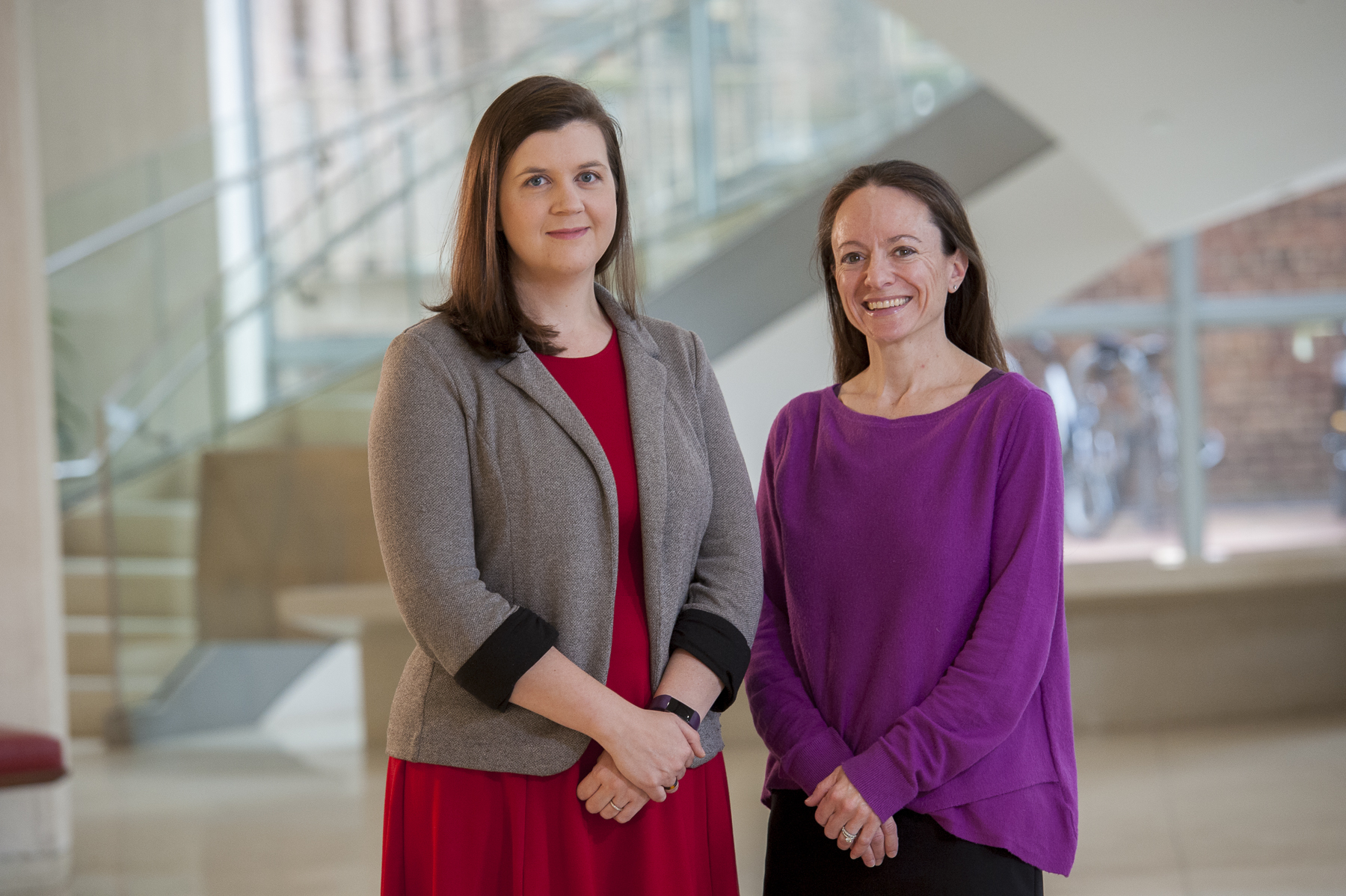As anyone seeking employment knows, climbing the career ladder often presents a conundrum: It is difficult to get a job without experience, but one can’t acquire experience without a job.
Researchers embarking on innovative solutions to advance cardiovascular health face the same predicament. To pursue their projects, they need research dollars, but in order to obtain those funds, they must first complete early-stage research to demonstrate its potential.
The Virginia Commonwealth University Health Pauley Heart Center’s Pilot Grants program, begun in 2017 with an initial philanthropic gift from Anne and Roger Boevé, aims to ease this catch-22 by investing in early-stage research. An additional $349,000 has also been donated to the program by more than a dozen individuals.

Salvatore Carbone, Ph.D.
The Pauley Pilot Grants program provides VCU faculty physicians and scientists the opportunity to test novel ideas and gather enough data to apply for major research grants from institutions including the American Heart Association and the National Institutes of Health, says Pauley Heart Center Director Greg Hundley, M’88.
“Pilot grants are really instrumental if you want to be competitive in larger grants,” he says.
The Pauley Pilot Grants program provides financial support for successful projects that meet three criteria: an innovative idea to improve cardiovascular health, one that is feasible in 12 to 18 months and one that has the potential to attract additional funding.
“Pilot data are critical for future studies where the reviewers are not judging feasibility,” Hundley says. “Rather, these larger organizations such as the NIH want to know that if they provide financial resources, the question of interest posed by the grant will be answered. They are competitive and the large grant reviewers want to know if the applicant and environment are strong.”
He likens the large grant application process to appearing on the popular TV show “Shark Tank,” where entrepreneurs make business presentations to convince a panel to invest in their company.
“We go through a rigorous review process to determine which projects we think have the best opportunity to actually get to the next phase to submit to a large grant,” Hundley says.
Among the initial grants presented in 2018 included $25,000 to Salvatore Carbone, Ph.D., and Division of Endocrinology Chair Francesco Celi, M.D., for “Unsaturated Fatty Acids-Enriched-diet to Improve Metabolic Flexibility and Glucose Tolerance in Obese Patients,” in which they studied the benefits of a Mediterranean diet.
Carbone, a research nutritionist at the Pauley Heart Center and an assistant professor in the VCU College of Humanities and Sciences Department of Kinesiology and Health Sciences, was thrilled to be one of the original recipients.
“I was one of the first lucky ones to receive a pilot grant,” he says. “This program is extremely important to my research.”
Results of his work were published in the Journal of the American College of Cardiology Basic to Translational Science academic journal in August 2019, and led to a three-year, $231,000 grant from the AHA to continue his research. In addition, Carbone recently submitted a grant to the NIH for further support.
“I am extremely grateful for the funding from donors to the Pauley Heart Center, without which we could never have been able to proceed with our future studies,” he says.

Jennifer Jordan, Ph.D. (left), and Jordana Kron, M.D.
Researchers Jordana Kron, M.D., and Jennifer Jordan, Ph.D., earned a $50,000 Pauley grant in 2019 for “Interleukin-1 Blockade for Treatment of Cardiac Sarcoidosis” to examine the inflammatory condition that can lead to heart failure.
Jordan, an assistant professor in the VCU College of Engineering Department of Biomedical Engineering and director of the Cardiovascular MRI Core Lab at the Pauley Heart Center, appreciates the chance to work with other faculty members across the university such as Kron, an associate professor in the VCU School of Medicine and a cardiologist at the Pauley Heart Center.
“This is an interesting collaboration we’ve been able to form to perform research that couldn’t be done in its own silos,” she says. “A benefit of the pilot grant is that it allows us to target research by building these new teams from different innovative backgrounds.”
The pair’s original pilot grant has procured an additional $1 million in funding from a three-year AHA Collaborative Sciences Award and a two-year NIH award.
“We’re extremely grateful for the opportunity to get our pilot award and continue the work,” Jordan says. “Despite all the challenges we’ve had this year, we are still moving forward with our research successfully.”
The potent combination of philanthropic donations to the Pauley Pilot Grants program and diverse talents of VCU faculty allows researchers to gain viable data for their critically important work to improve heart health, Hundley says.
“How lucky are we to be able to have VCU as a resource pulling groups of people together across many disciplines to solve problems?” he says. “That one little strike of a match and a little bit of help getting feasibility, and then an idea grows and expands outward.”
To make a gift to the Pauley Pilot Grants program, please contact Sarah Neely, associate director of development, at sarah.neely@vcuhealth.org or (804) 628-8908, or visit the fund’s online giving page.

